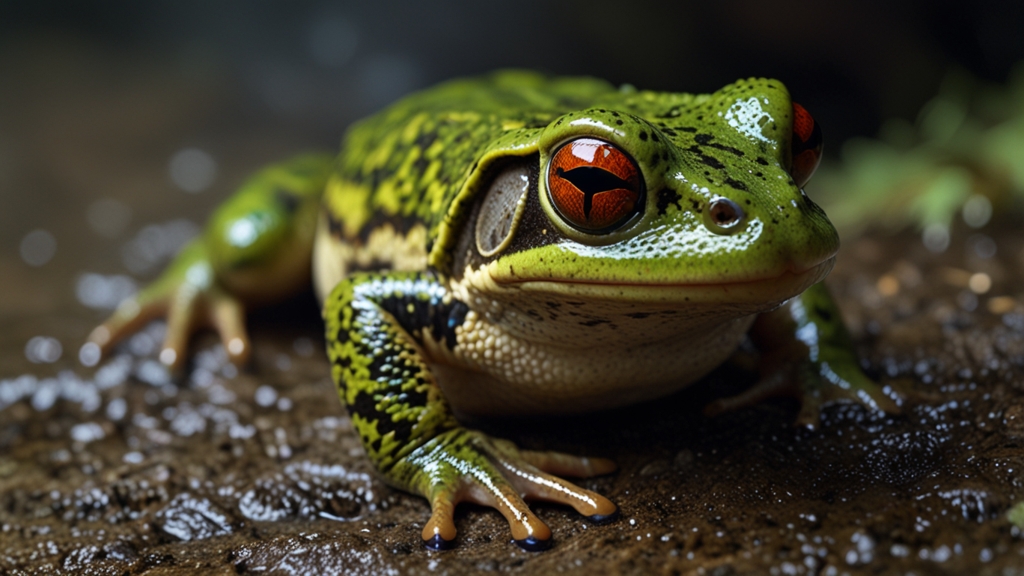The Mindfulness Challenge: 30 Days to a Calmer You
In today’s fast-paced world, finding moments of peace and tranquility can be challenging. The noise, the hustle, and the endless to-do lists can easily overwhelm us, making it difficult to stay present and calm. Enter the Mindfulness Challenge: 30 Days to a Calmer You. This initiative is designed to integrate simple yet impactful mindfulness practices into your daily routine, helping you cultivate a calmer, more centered state of being.
What is Mindfulness?
Quite simply, mindfulness is the practice of being present in the moment, aware of your thoughts, feelings, and surroundings without judgment. It's a form of focused attention that encourages us to slow down, observe our experiences, and accept them as they are.
Mindfulness has roots in ancient meditation practices but has become increasingly popular in modern times due to its anecdotal and scientific benefits. Studies have shown that mindfulness can reduce stress, improve emotional regulation, and enhance overall well-being.
The 30-Day Challenge
The 30-Day Mindfulness Challenge is a structured program aimed at integrating mindfulness into your daily life. Each day introduces a new exercise or concept designed to help you become more present and aware. By the end of the challenge, you'll have a toolkit of mindfulness practices that you can continue to use.
Week 1: Building Awareness
The first week focuses on developing awareness of your current state and surroundings. Simple practices like mindful breathing, body scans, and mindful listening will form the foundation of your mindfulness journey.
"Awareness is the first step toward change. By simply noticing our thoughts and feelings without judgment, we pave the way for deeper understanding and transformation."
Week 2: Cultivating Presence
In the second week, you'll delve deeper into staying present. Activities such as mindful walking, eating, and daily self-check-ins will help you cultivate a habit of bringing your focus back to the present moment.
Being present is not about eliminating thoughts but about observing them as they come and go. You'll learn to notice distractions and gently guide your attention back to your current activity or experience.
Week 3: Managing Stress
Stress is an inevitable part of life, but mindfulness can change how you respond to it. During week three, you'll explore stress-reducing techniques like guided meditations, gratitude practices, and mindful stretching. These practices will help you recognize stress triggers and respond with calm and clarity.
"Stress is not what happens to us. It’s our response to what happens, and to control our response is to control our experience." — Hans Selye
Week 4: Deepening the Practice
The final week is about solidifying and expanding what you've learned. You'll engage in extended meditations, mindful journaling, and loving-kindness practices. These exercises will help deepen your mindfulness practice and make it a lasting part of your daily routine.
You’ll also reflect on your journey over the past 30 days, noting the changes in your stress levels, emotional state, and overall well-being. This reflection helps reinforce the positive impact of mindfulness on your life.
Maintaining Mindfulness Post-Challenge
Completing the 30-Day Mindfulness Challenge is an achievement in itself, but it's only the beginning. The goal is to integrate these practices into your everyday life. Start by setting aside a few minutes each day for mindfulness or incorporating mindful moments into your daily activities.
"Mindfulness isn't difficult. We just need to remember to do it." — Sharon Salzberg
Whether it's a few deep breaths before a meeting, a mindful walk during lunch, or a gratitude list before bed, these small practices can make a significant difference. Over time, you'll find that mindfulness becomes a natural part of your life, helping you navigate challenges with greater ease and calm.
Conclusion
The Mindfulness Challenge: 30 Days to a Calmer You offers a structured yet flexible approach to integrating mindfulness into your life. By dedicating a few minutes each day to these practices, you can cultivate a calmer, more present state of being. Remember, mindfulness is a journey, not a destination. So take it one day at a time and embrace the process. Your mind and body will thank you.








